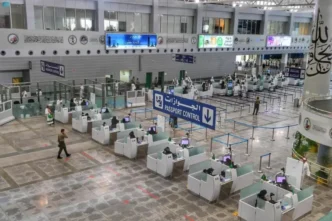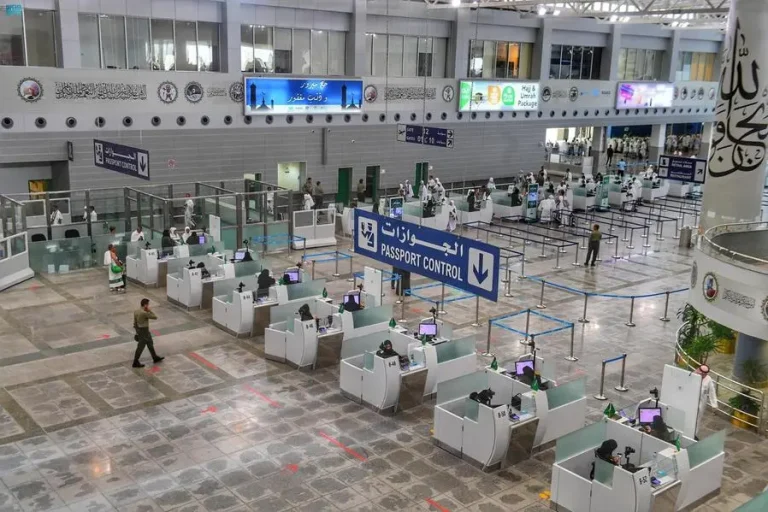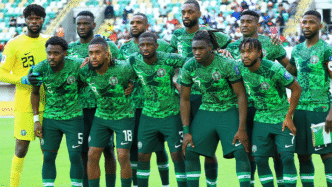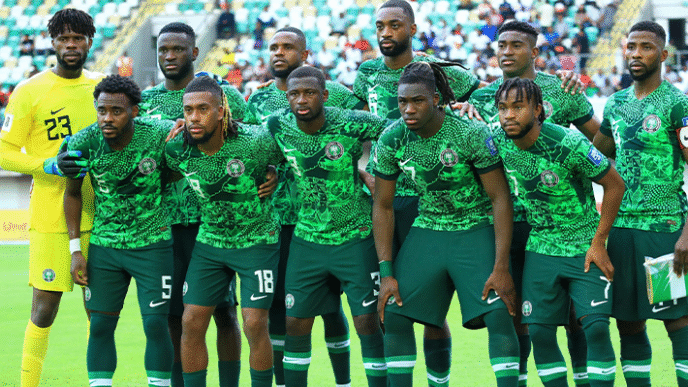Three Nigerian pilgrims who were detained in Jeddah, Saudi Arabia, on suspicion of drug trafficking have been released after an investigation revealed they were victims of a drug syndicate operating out of the Mallam Aminu Kano International Airport (MAKIA) in Kano State.
The freed pilgrims — Maryam Abdullahi, Abdullahi Aminu, and Abdulhamid Saddieq — spent four weeks in custody before their release, which came following diplomatic interventions led by the Chairman of the National Drug Law Enforcement Agency (NDLEA), Buba Marwa. He received support from President Bola Tinubu, Attorney General and Minister of Justice Lateef Fagbemi, Foreign Affairs Minister Yusuf Tuggar, Aviation and Aerospace Development Minister Festus Keyamo, and National Security Adviser Nuhu Ribadu.
NDLEA spokesperson Femi Babafemi explained in a statement on Wednesday that a criminal syndicate at MAKIA had planted bags containing illicit drugs and tagged them with the pilgrims’ names. The trio, who had flown on Ethiopian Airlines flight ET940 to Jeddah on 6 August for the lesser hajj, were arrested on arrival by Saudi authorities.
According to Babafemi, NDLEA launched a probe after the families of the detained pilgrims raised the alarm. Investigators uncovered the involvement of a 55-year-old drug kingpin, Mohammed Abubakar (also known as Bello Karama), and three accomplices — Celestina Emmanuel Yayock, Abdulbasit Adamu Sagagi, and Jazuli Kabir — including some airline staff. All four have since been arrested and charged.

Using the investigation’s findings, Marwa engaged Saudi authorities, presenting evidence that proved the pilgrims’ innocence. One of the detainees was freed on Sunday, while the other two were released on Monday.
Marwa thanked the Saudi authorities for honouring the bilateral Memorandum of Understanding on narcotics control between both countries and credited President Tinubu’s commitment to ensuring fair treatment for Nigerians abroad as crucial to securing their release.
This case has reignited concerns about innocent Nigerians being framed in international drug trafficking cases. In July, a 39-year-old Nigerian man, Frank Nandi, told an Indian court that anti-narcotics officers had planted drugs on him following his arrest in Mumbai’s Malad area.


 Trending
Trending 







